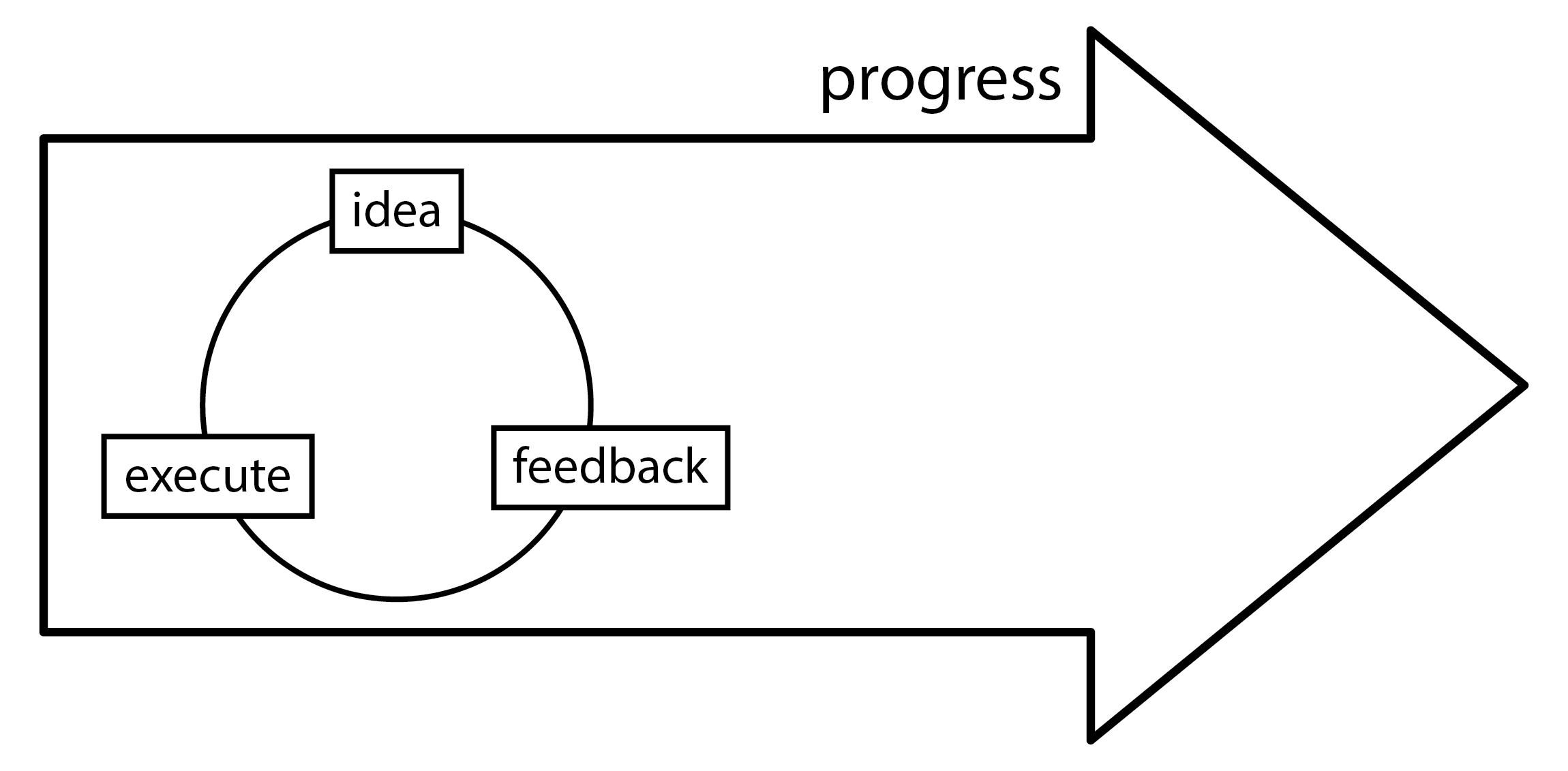main ideas
- Communicate your idea as simply as possible, but no simpler than necessary.
- Find a safe space and time to develop your thoughts.
- Strategically select colleagues to help give you feedback.
- Multiple rounds of rewriting is inevitable.
How do I structure the communication of my idea, such that:
Who is my audience, and how do I know what they know?


I found spaces where I could write and think in isolation.
Yet, there were other people doing work in those same spaces.
My advisor let me set the tempo, and I repaid the trust with regular updates.
Take charge, experiment, and design your environment to fit your needs.
"Does it make sense to my advisor?"
"Does it make sense to my colleagues & collaborators?"
"Does it make sense to a specialist outsider?"
Don't bother.
"Show me your first draft and I'll show you where you're wrong."




let's chat!
可以换语言了,但如果交叉"chinglish"的话,请多多包涵!